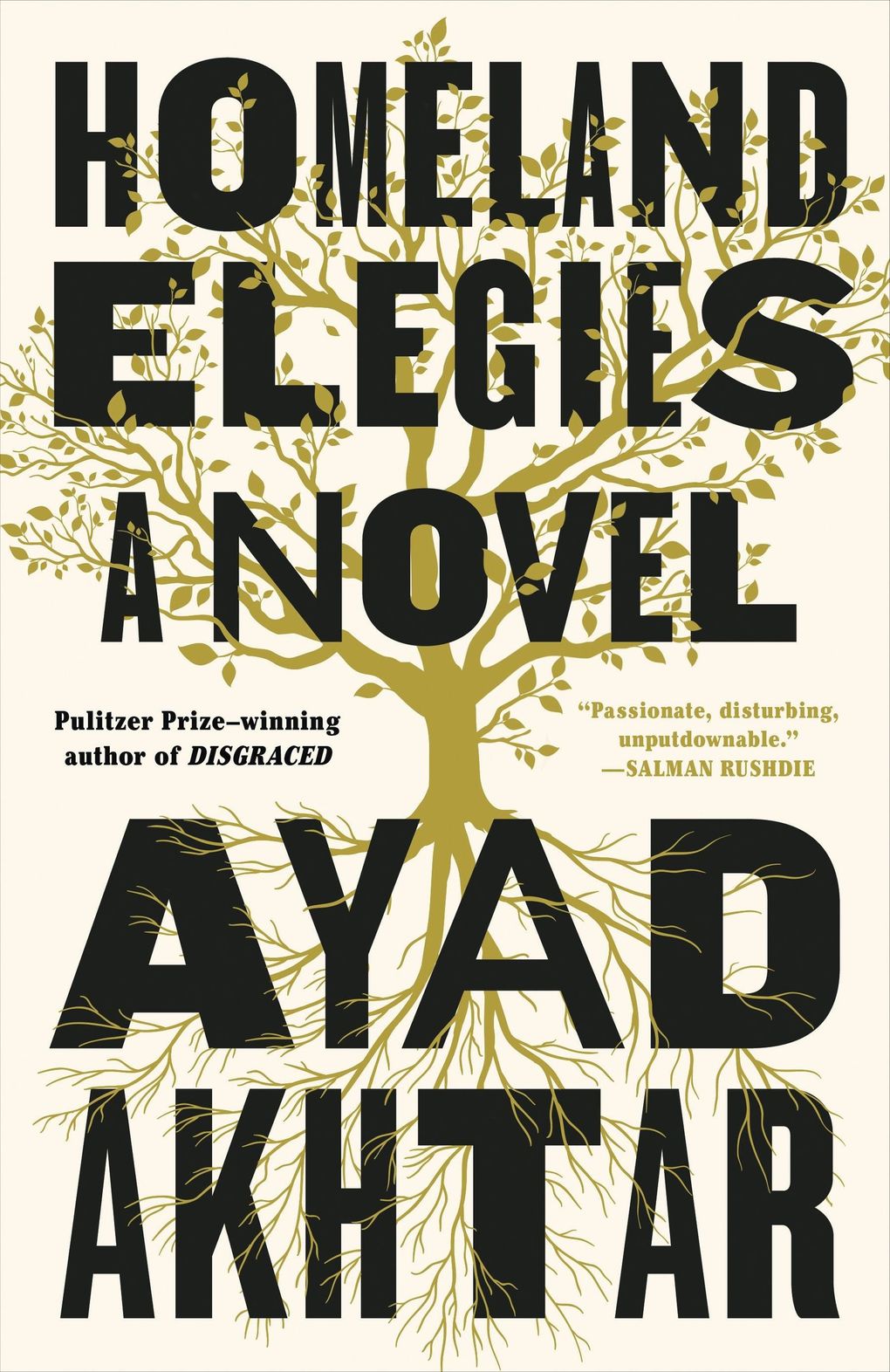In the spring of 2001, I was finishing a two-year, full-time MBA at the University of Utah, interviewing for jobs, and applying to doctoral programs--which is to say that I was managing my chronic indecision regarding big, life-defining decisions by attempting to keep as many doors open as possible for as long as possible. Analysis paralysis masked with the respectability of productivity.
I never really liked choose-your-own-adventure books. I'd build up too
much anxiety over the choices not made, running out of fingers
attempting to follow all of the paths forward. It felt a bit like that.
One of the jobs I was interviewing for was with Accenture. They were hiring for their offices in San Francisco (mostly private-sector clients and lots of travel) and Sacramento (mostly public-sector clients and less travel). Eventually, I was offered a job in the Sacramento office. I also, eventually, turned it down, taking, it seemed to me at the time, the more noble road by delaying employment and continuing with school.
Since then (and it only now occurs to me that I'm writing this almost exactly 20 years later), I've often entertained flights of fancy imagining an alternative universe where I take that job.
Uncanny Valley is fuel to those flights.
The Silicon Valley that Anna Wiener writes about is half a generation removed from what I might have found, had I moved to California, completed a stint at Accenture, and then (as seems probable) moved on to some tech-oriented company in northern California...somewhere. So I looked for myself in her story, a decade, or a decade and a half into my career. Well, I looked not so much for myself as for the alternate universe self had I made a different decision in 2001.
So, who would have I been?
I imagine myself as one of those anonymous mid-career tech guys with a resume of diverse experience (all good jobs, but nothing amazing) that is hired by startup firms in a hire-anyone-that-breathes mode, and given a mid-management supervisory role with the assumption that my age and the diversity of my experience qualify me for that role. Once hired, I would maneuver and jockey for options and buyout deals that, should our company win the IPO or acquisition lottery, I'd make out well enough to retire away from "real" work or (more likely) survive long enough to get another, similar job with another, similar company.
But who would I be?
Would I be kind? Would I ride bikes? Would I have embraced the sometimes ugly, hyper-masculine, bro-ethic culture of tech? Would I believe in the products of the companies I worked for? Would I believe in the companies? Would I feel like the tech innovations I worked on inched the world toward something more just and egalitarian? Or would I wallow in self-loathing and contempt for being part of a machine that existed only for itself--growing, innovating, multiplying, and perpetuating itself for no other reason than the creation of (or the illusion of the creation of) wealth? Would I care about such things?
Well, that's where Uncanny Valley took me.
Also, a lot of thinking about how much the house my parents bought in Palo Alto around 1967 would be worth now had they kept it. Or, if they hadn't been scared off by the cosmopolitan pulse of progress and retreated to Colorado a year later as they did.
The decisions around which lives pivot...
As I said, I never really liked choose-your-own-adventure books. Too much anxiety.
3.5 of 5 stars.







